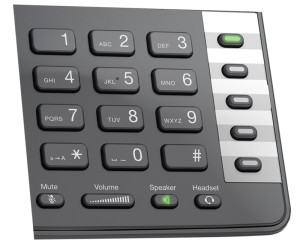Internet-based telephone service –— also known as VoIP, or Voice over Internet Protocol — is usually cheaper than using traditional phone lines. If you’re thinking about trying VoIP, here are some things to consider:
Internet connection. Your calls will be going over the Internet, not over the local phone company’s copper wires, so make sure you have reliable broadband service.

Software-based services. The cheapest VoIP offerings — sometimes free — involve downloading software and then making calls from your computer to another computer. Video chat may be included. For a little more money, you can make computer-to-phone calls. Skype, Yahoo Voice and Google Voice are among your choices.
Device-based services. With VoIP services such as Vonage, Ooma and Phone Power, you connect an adapter to your Internet router, and then connect your phone to the adapter. You then can use your phone as usual, and your computer doesn’t have to be on to make calls. Cable companies that offer VoIP will typically send a technician to hook up the adapter.
Other features. Most providers offer a range of packages and prices, depending on how much you use your phone and whether you want features such as voicemail and caller ID. Some offer automated transcription of voice messages to your email. Be sure to check on 911 service — it typically is available with device-based services, but not with software-based ones.
Power outages. Unlike copper phone lines, which still work even when the electricity dies, VoIP relies on using the Internet — so if the power goes off, you may have no phone service. Some Internet providers and VoIP companies offer back-up batteries to provide temporary service.

